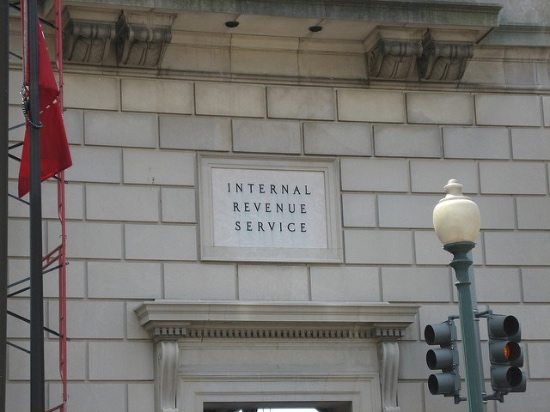
May 12, 2017; USA Today
A class action lawsuit related to the IRS’s targeting of potentially politically conservative organizations seeking tax exemption in the early part of the decade has reached an unusual stage. A federal judge in Cincinnati is considering whether Lois Lerner and Holly Paz, two former IRS officials at the center of what became known as the IRS scandal, can be excused from public testimony because they claim their lives are in danger. A decision may come as soon as Friday of this week.
Their attorneys argued in a recent court brief, “This documentation, as the court will see, makes very personal references and contains graphic, profane and disturbing language that would lead to unnecessary intrusion and embarrassment if made public. Public dissemination of their deposition testimony would put their lives in serious jeopardy.” They have asked that their testimony remain sealed permanently.
An attorney for the 428 groups suing the federal government said, “Generally, our position is that this is a matter of great public interest and there is no legal basis for sealing the depositions or the arguments about whether the depositions should be sealed.”
Sign up for our free newsletters
Subscribe to NPQ's newsletters to have our top stories delivered directly to your inbox.
By signing up, you agree to our privacy policy and terms of use, and to receive messages from NPQ and our partners.
There have been recent developments, such as the IRS’s March 2017 response to a 2015 Freedom of Information Act (FOIA) request from conservative nonprofit Judicial Watch. The IRS reported “an additional 6,924 documents of potentially responsive records” had been located, which, according to Judicial Watch, were not included among documents in the “Congressional Database” provided to investigators.
There are those who may be surprised that the IRS scandal is still taking up court and government time. It was five years ago last Saturday that Lois Lerner first admitted in remarks to an American Bar Association group in Washington that the IRS had singled out tax exemption applications from Tea Party and other conservative-sounding organizations for heightened scrutiny. There have been several Congressional and executive branch investigations of the targeting scandal. However, there has been no satisfactory resolution of those investigations, with Republicans angry at what they see as IRS stonewalling and Democrats fulminating about a non-scandal that included a few liberal-sounding groups in the targeting net cast by the IRS.
Since the filings in the class action lawsuit are currently sealed and the participants in the case are limited in what they may say, it’s unknown how specific and credible the threats may be, and what steps, if any, have been taken to substantiate the threats or protect Lerner and Paz from potential harm. The May 19th court hearing to assess Lerner’s and Paz’s safety claims will be closed to the public. The personal safety of current and former government employees is important, as is that of all citizens. However, theoretical danger should not prevent the accountability and transparency we expect of government and government officials in a democracy.—Michael Wyland













